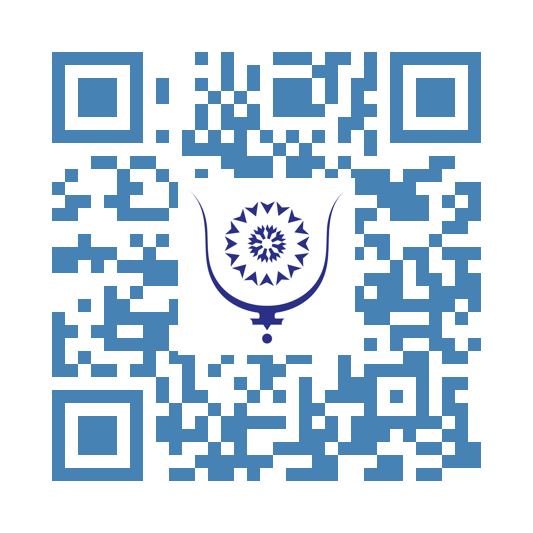[Science #4] Precision Nutrition: Tailoring Your Diet Beyond Hunger and Excess
51
Hunger and dietary excess may seem like opposite ends of the spectrum, yet both can undermine health. Too few calories disrupt essential physiological processes and energy metabolism, while chronic overeating—especially of nutrient-poor foods—can drive metabolic dysfunction, chronic inflammation, and raise the risk of long-term diseases. Ironically, consuming more nutrients than needed often fails to meet the body’s precise biochemical demands, accelerating cellular wear and potentially shortening lifespan.
Emerging research suggests that certain calorie-dense foods, when consumed carelessly, may harm healthspan—the number of healthy years lived. Conversely, mindful nutrient intake—or even periods of moderate hunger—can sometimes benefit overall physiology more than habitual overeating. The key lies in recognizing that each individual’s nutritional needs are unique. This is the foundation of Precision Nutrition.
**From "One-Size-Fits-All" to Tailored Nutrition**
The term “precision” is often associated with medicine, where a treatment is matched to a patient’s genetic profile instead of relying on a standard prescription. That same philosophy is now transforming the way we think about food. Personalized nutrition moves beyond outdated dietary guidelines by using your genetic makeup, lifestyle, and preferences to determine which foods serve your body best. Your DNA might reveal, for example, that you absorb certain vitamins inefficiently, or that specific foods help stabilize your blood sugar more effectively. This approach empowers you to make dietary choices tailored to your biology—not to fleeting trends.
**How Does It Work?**
It starts with a DNA sample, analyzed for hundreds of tiny genetic variations known as polymorphisms. These influence traits like lactose intolerance, vitamin D absorption, caffeine metabolism, and sensitivity to salt or sugar. Using advanced algorithms, nutrition scientists translate this data into actionable diet strategies.
For instance:
- If your genes show low omega-3 absorption, your plan might emphasize fatty fish, flaxseed, or targeted supplements.
- If you metabolize caffeine slowly, reducing coffee intake could help avoid sleep problems or anxiety.
One striking example comes from the GC gene, which affects how well your body raises blood vitamin D levels after supplementation. People with certain GC variants may require more sunlight exposure or higher supplement doses to achieve optimal health. The power of personalized nutrition lies in decoding the relationship between your genes and every bite you take—turning food into a truly personal form of medicine.
A comprehensive understanding of each individual’s unique nutritional needs—driven by genetic, metabolic, microbiome, and lifestyle factors—enables the development of personalized dietary interventions that have transformative potential far beyond individual health. Precision nutrition not only enhances quality of life and healthspan but also offers a pathway to optimize resource use and address global challenges such as hunger and malnutrition.
Emerging perspectives highlight that precision nutrition, while often associated with high-income countries, is increasingly seen as a vital strategy to democratize health and tailor nutrition recommendations for entire populations, including those in low- and middle-income countries where malnutrition and food insecurity remain urgent issues. By leveraging advanced technologies and data-driven diagnostics, precision nutrition can target specific micronutrient deficiencies, metabolic conditions, and even genetic variations prevalent in different communities. This targeted approach moves beyond generic dietary guidelines, allowing for more effective, culturally relevant, and sustainable interventions that better meet the biochemical and physiological demands of diverse populations.
Share:
[Science #4] Precision Nutrition: Tailoring Your Diet Beyond Hunger and Excess
copy:
https://bluwr.com/p/306841367



